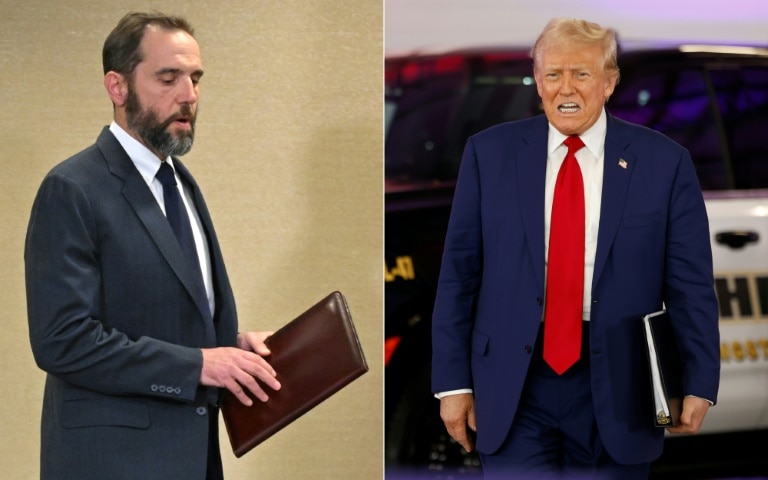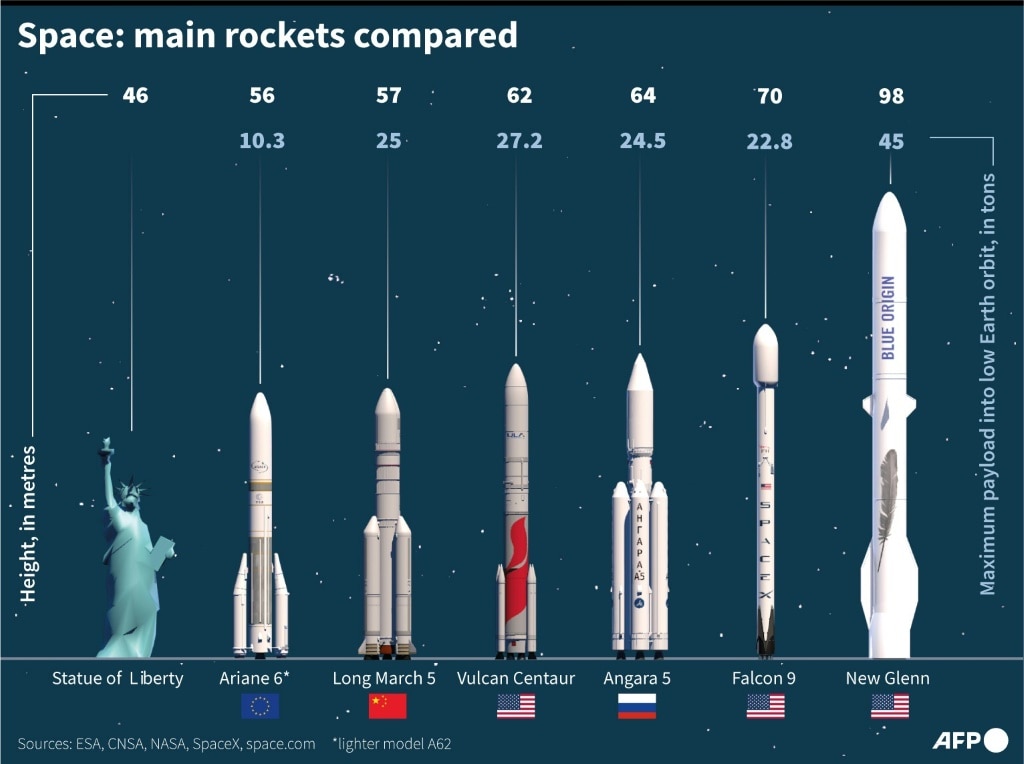NSW health system in crisis as hundreds of psychiatrists due to resign in 10 days over a pay dispute
Doctors in one state have hit back after the Health Minister pleaded for psychiatrists to not quit in days, saying he’s “spitting the dummy when no one wants to work for them”.
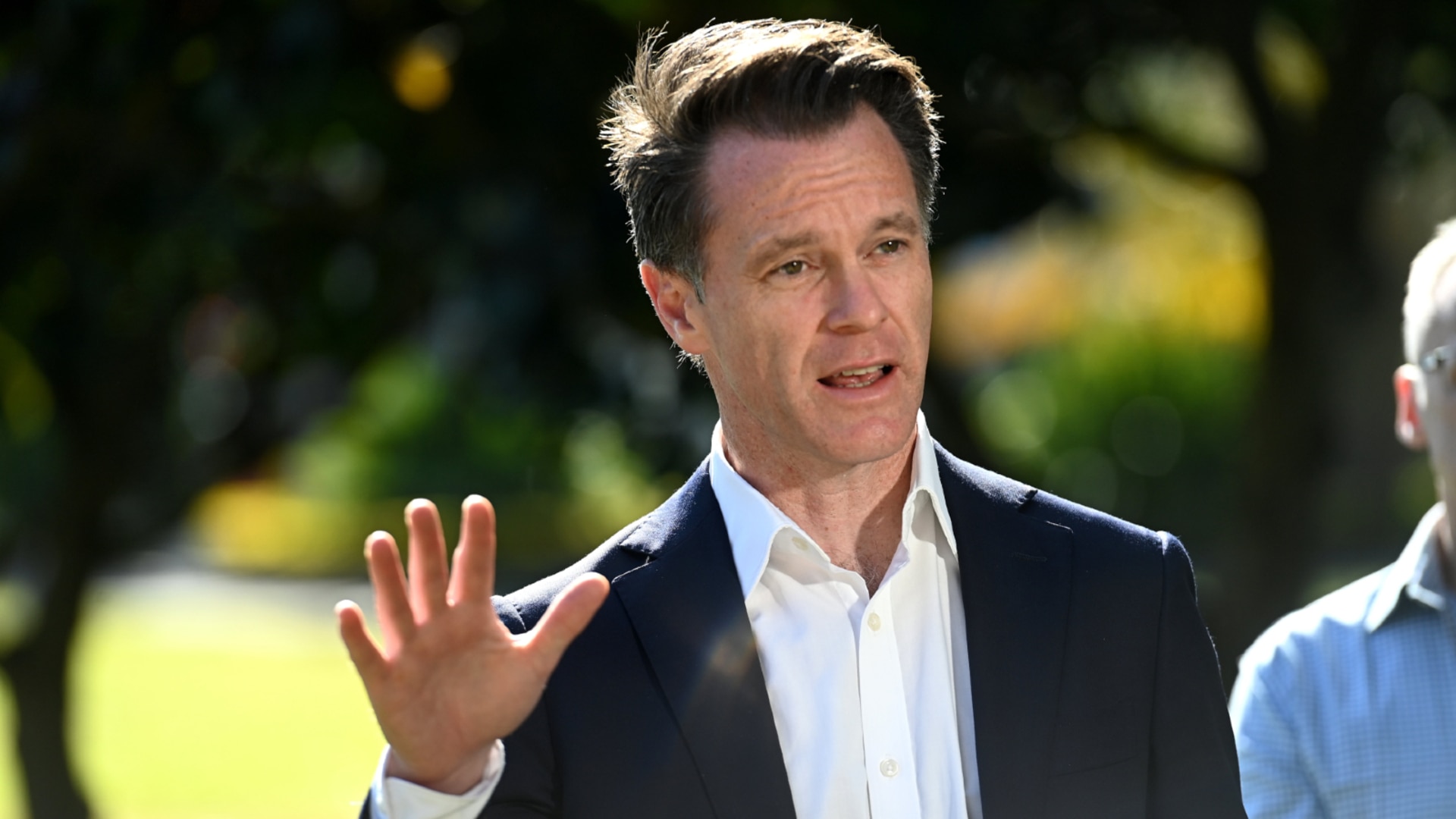
Breaking News
Don't miss out on the headlines from Breaking News. Followed categories will be added to My News.
A doctors union has hit back at the NSW health minister after he pleaded for hundreds of psychiatrists not to quit in mere days, saying he spat the dummy because no one wants to work for them.
NSW’s health system is about to face a huge crisis as hundreds of psychiatrists are due to leave their job in 10 days amid an ongoing pay dispute.
About 200 psychiatrists resigned en masse from NSW Health after negotiations for a 25 per cent pay increase broke down.
Psychiatrists raised the alarm about the state’s mental health system with NewsWire earlier this week, with one doctor claiming staff were overworked and unable to provide the care they needed to.
Currently only one-third of staff specialist psychiatrist positions in NSW are filled, and this crisis is set to worsen if hundreds of psychiatrists leave their position on January 21.
Beds in intensive mental health care units are already being left empty due to staff shortages, leaving patients to be turned away and other services picking up the pieces.
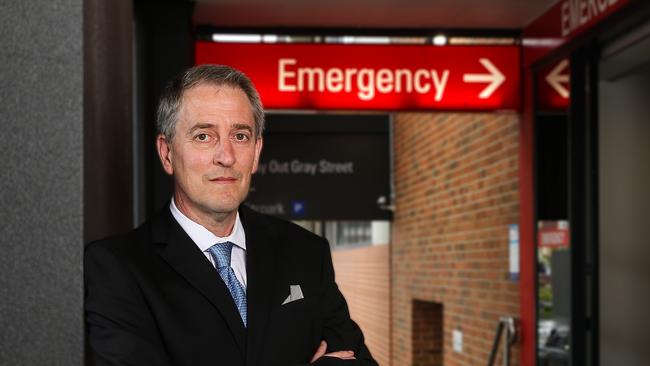
Forensic psychiatrist of 20 years Ian Korbel told NewsWire the resignations were in pursuit of a 25 per cent pay rise which would improve patient care to an acceptable level as a result of improved staff retention and recruitment.
Health Minister Ryan Park confirmed the mass resignation was about half the state’s workforce of psychiatrists and he had significant concerns about the impact it would have on the NSW Health system.
“It’s an issue that is now with the Industrial Relations Commission, but we simply can’t have a situation where the most vulnerable patients in our community are put at risk,” he said.
“It is going to have an impact on patients. It’s going to have an impact on staff. I’m very concerned.
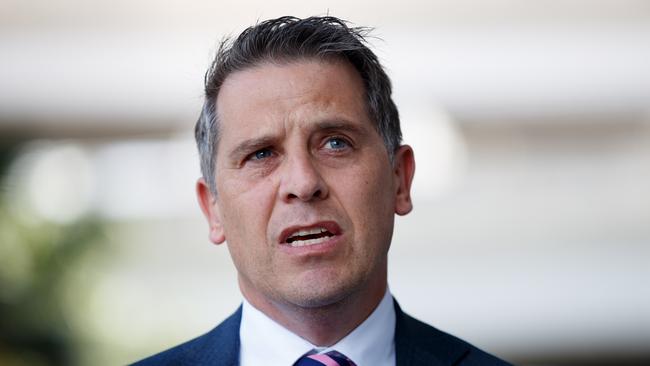
“I’m very concerned about the impact this could have on some of the most vulnerable patients that present to our hospitals in our emergency departments.
“I’m very concerned about the potential impact this has on other healthcare professionals across their health and hospital system.
“To say that that won’t have an impact is simply naive.”
Minister Park said after a decade of wage suppression in NSW, there were obvious differences in remuneration with other jurisdictions, but they could not afford the proposed wage increases of $90,000 or 25 per cent.
The health minister pleaded with psychiatrists to remain at the table while they continued negotiating their pay dispute with the Industrial Relations Commission next week.
“Please don’t do this,” he said.
“Don’t do this to your colleagues who I know you value and trust.”
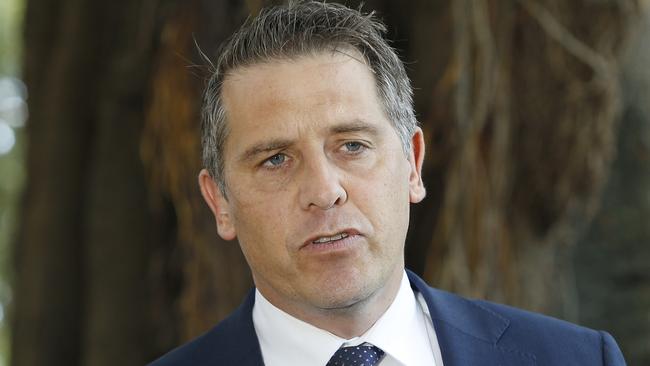
Mr Park said they had engaged with the Commonwealth and private sector about additional workforce capacity to set up a Mental Health Emergency Operations Center.
The centre will be in place across the state’s health system next week to identify gaps and where increased support was needed in the mental health system.
“We are also working closely with local health districts to make sure that they are prioritising the patients who need psychiatric intervention the most,” he said.
“Those are the patients I am most concerned about so I say to psychiatrists again, please remain at the table.
“We don’t want this action to take place. We value the work that you do, but we as a government are not in a position to offer wage increases akin to around about $90,000.”
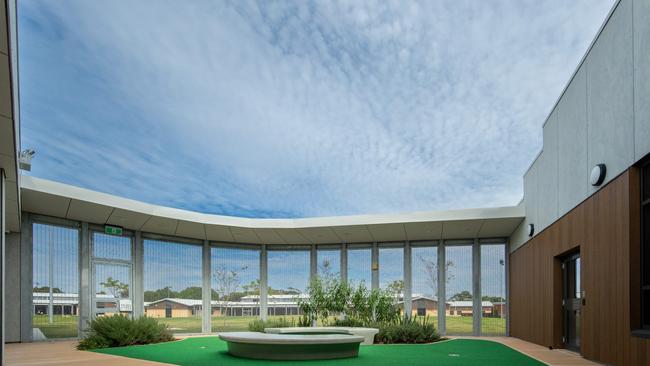
Doctors Union, Australian Salaried Medical Officers’ Federation acting executive director Ian Lisser said about one in three psychiatrist positions in NSW remained unfilled.
Mr Lissser said the state government refused to budge on a 3 per cent pay offer when there was a 30 per cent gap compared with pay psychiatrists received in other states.
“The NSW Government is happy to pay millions in dollars to locum agencies as a band aid solution, but refuse to make a meaningful offer to our dedicated permanent staff, some of whom have been serving the NSW public for decades,” he said.
“Why would a psychiatrist want to work for NSW Health when they could be 30 per cent better off working somewhere else?
“The NSW government has failed to be an attractive employer and is now spitting the dummy when no one wants to work for them.”
The union are calling for the minister to put in place real solutions to ensure the NSW public could access mental health care when they needed it.

Mr Lisser said psychiatrists had been urging the government to fix the problem for about 16 months but were ignored.
“They have been working in a crumbling system for months, they have been telling Ryan Park the situation is untenable, and now they have been backed into the corner,” he said.
“This presents enormous risk for patient welfare and puts enormous pressure on the existing workforce.
“The Minister is well aware that there is already a dangerously understaffed mental health service with a staffing shortfall of 140 psychiatrists in NSW, and he has done nothing to fix this.
“The fact is, psychiatrists are at the table and have been for some time.
“Instead of pleading with psychiatrists to stay, perhaps Ryan Park should address the root of the problem and meet their very reasonable demands of pay parity.”
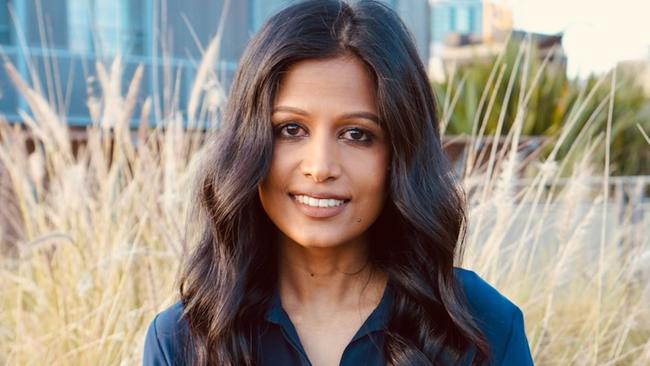
NSW branch chair of the Royal Australian and New Zealand College of Psychiatrists (RANZCP), Pramudie Gunaratne told NewsWire the crisis affected everyone.
“It could be me, you or any of our loved ones who need care,” she said.
“So many people are finding there is nowhere to turn and the system is failing them. It’s just not fair.
“NSW is at the bottom of the pile for mental health. Our state has the lowest per capita spending for mental health in the country and we pay our staff the least.”
The higher pay afforded by the private sector and interstate public health agencies has resulted in 80 per cent of trainee psychiatrists telling the RANZCP they intend on leaving the NSW public health system.
“Our tax dollars are being shelled out on casual psychiatrists filling the current vacancies at double or triple the cost of a permanent psychiatrist,” Dr Gunaratne said.
“It’s ineffective and it’s wasteful. Without a plan to bring back our workforce, things will only get worse.”
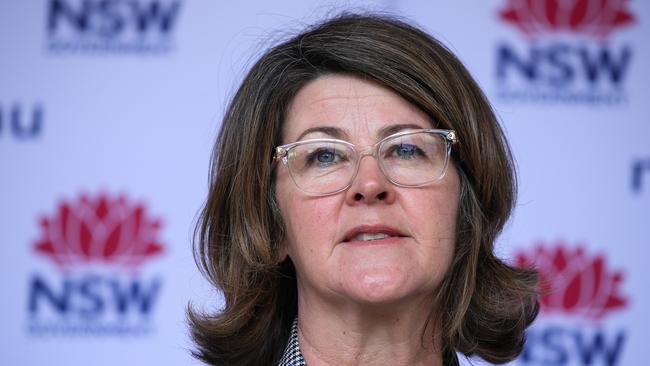
NSW Health Secretary Susan Pearce said they remained committed to working towards a solution and hoped the psychiatrists did not proceed with the resignations.
“It is very important to us that in all aspects of the health workforce, we take the opportunity to work together towards solutions,” she said.
“We respect the fact that our staff have the right to advocate for conditions, but to go to these extremes is something that is obviously causing us great concern.”
Ms Pearce said despite the contingency plans that had in place it was very difficult to replace 200 psychiatrists overnight.
“It is very difficult for us to fulfil the critical work that they perform in our system … it is very important they know from us that they are valued.”
Originally published as NSW health system in crisis as hundreds of psychiatrists due to resign in 10 days over a pay dispute

